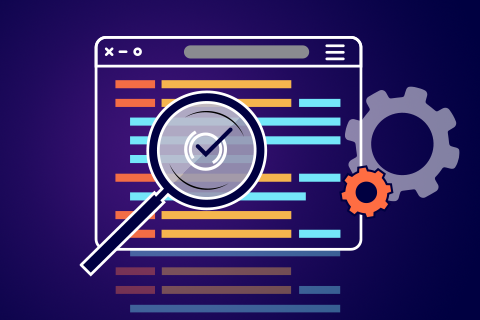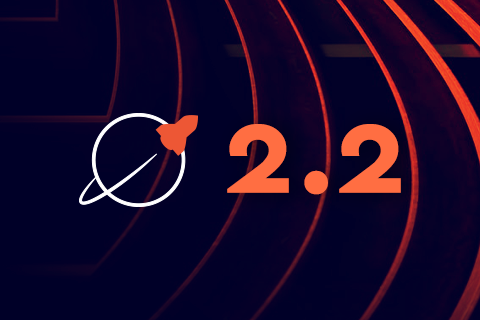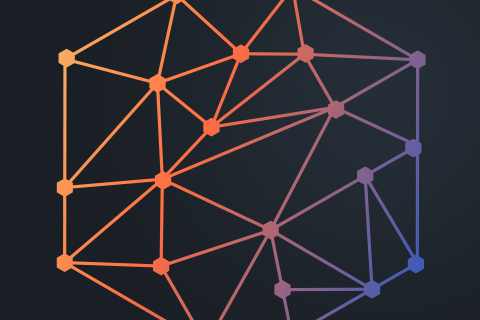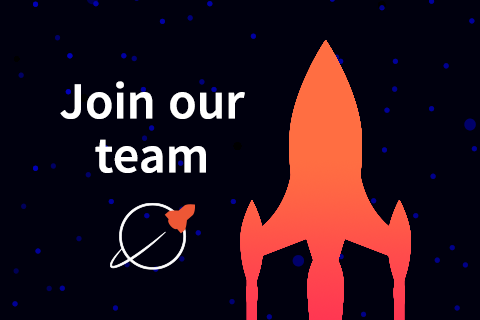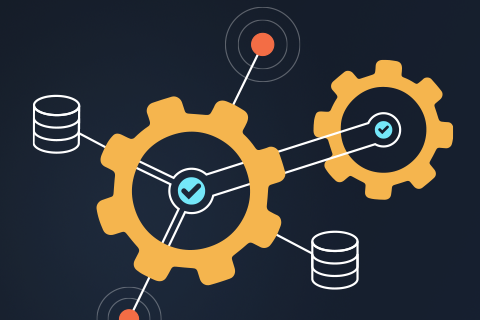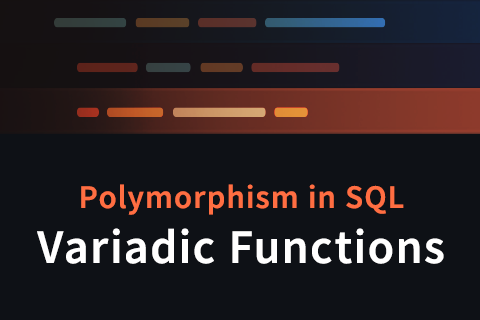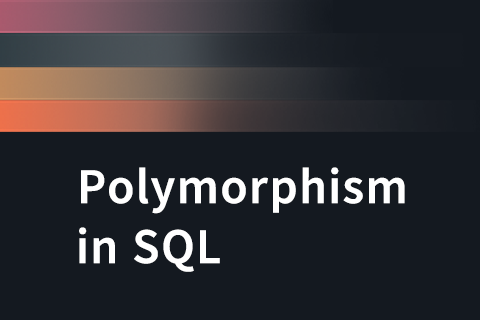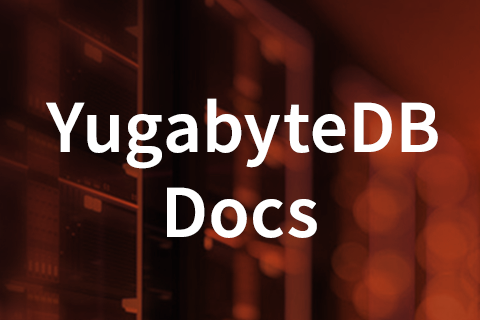Distributed SQL Tips and Tricks – July 17, 2020
Welcome to this week’s tips and tricks blog where we recap some distributed SQL questions from around the Internet. We’ll also review upcoming events, new documentation, and blogs that have been published since the last post. Got questions? Make sure to ask them on our YugabyteDB Slack channel, Forum, GitHub, or Stackoverflow. Ok, let’s dive right in:
How to identify a colocated database from the rest
One way to identify a colocated table in YugabyteDB is to look at the yb-master UI page (https://<yb-master-ip>:7000/tables).
…
